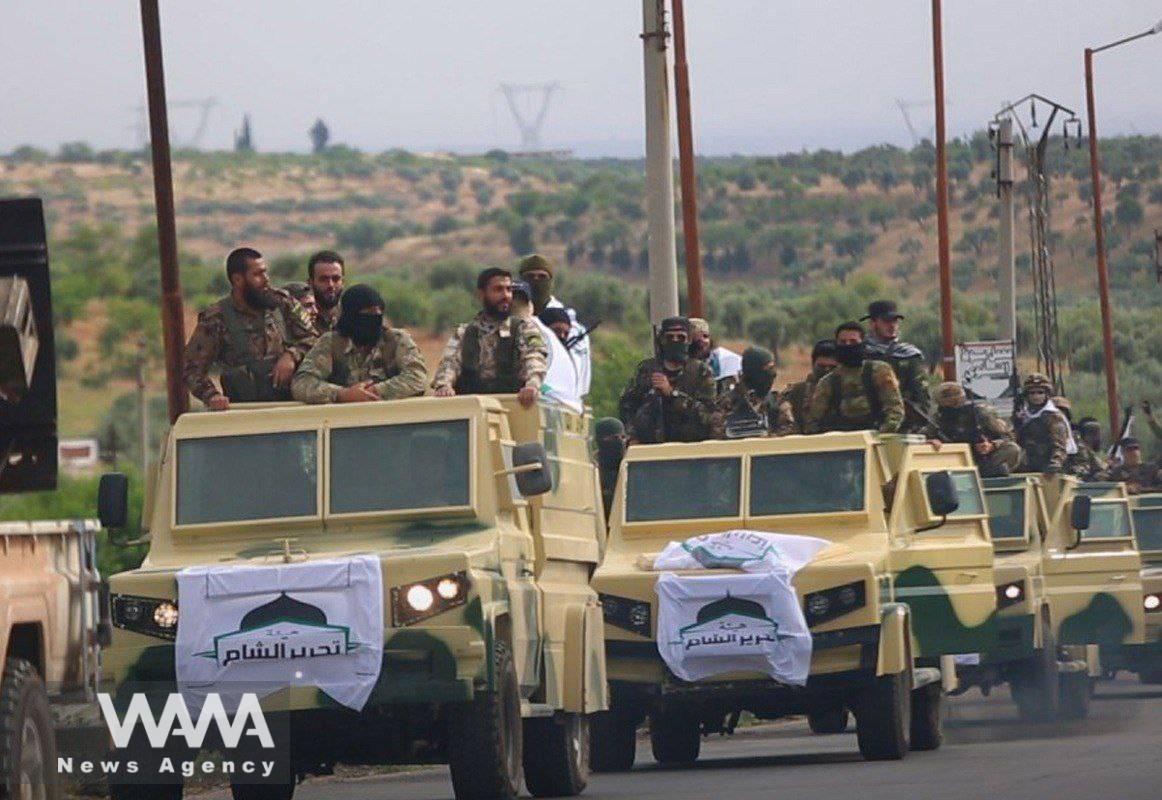Araghchi’s Visit to Ankara: Why Should Turkey Cooperate with Iran?
WANA (Dec 01) – Today, Seyyed Abbas Araghchi, Iran’s Deputy Foreign Minister, begins his regional trip by visiting Damascus and will head to Turkey tomorrow, Monday. It has also been reported that Araghchi will later travel to another country.
The primary agenda of this trip is consultations regarding regional issues, particularly recent developments in Aleppo. Thus, the main goal of Araghchi’s visit is to coordinate efforts to combat terrorism and restore peace to northern Syria.
Among the stops on this regional tour, Ankara is the most critical, as Turkey plays a significant role in the recent developments. Although Turkish officials have officially denied involvement in these events, and President Erdoğan has yet to take a clear stance, Turkey’s proximity to armed opposition groups and overlapping objectives in Syria suggest that it could significantly influence the ongoing conflict in the region.
Diverging Interests in Syria
Turkey and Iran have often found themselves on opposing sides in Syria. While Turkey seeks the overthrow of Bashar al-Assad’s government and the rise of an opposition aligned with the Muslim Brotherhood, Iran’s priority is preserving Assad’s rule.

Araghchi: We Firmly Support Syria’s Government and Army Against Terrorists
WANA (Dec 01) – Iran’s Foreign Minister emphasized the Islamic Republic’s unwavering support for Syria in its fight against terrorist groups, stating, “We stand firmly with Syria’s government and army in their confrontation with terrorism.” On Sunday, Seyyed Abbas Araghchi announced, “Today, I am traveling to Damascus to deliver a message from the Islamic […]
However, Turkey’s failure to achieve its objectives over the years has compelled Ankara to reconsider its approach. To escape its self-imposed impasse, Turkey has begun cooperating with influential players in Syria, namely Russia and Iran. This collaboration aims to reduce the burdens of the Syrian war, such as the refugee crisis, and ensure Turkey’s future role in Syria.
Shared Opportunities for Cooperation
Despite their differences, Iran and Turkey now have common grounds for collaboration:
1. Stabilizing Syria: Stability benefits both nations. For Iran, maintaining regional balance with Assad’s continued rule is crucial. For Turkey, stability could facilitate the gradual repatriation of Syrian refugees, who have placed heavy economic and social burdens on the country over the past decade. Currently, Turkey officially hosts around 3.7 million Syrian refugees.
2. Normalizing Turkish-Syrian Relations: Restoring ties between Turkey and Syria aligns with Tehran’s interests. This normalization could curb Turkey’s disruptive role in Syria and accelerate the country’s reconstruction, which also presents economic opportunities for Turkey. However, it may lead to greater Turkish influence in Syria in the long term.

The terrorist groups Jabhat al-Nusra and Hay’at Tahrir al-Sham (HTS) in Syria. Nov 2024. Social Media / WANA News Agency
3. Addressing Kurdish Threats: Kurdish factions in northern Syria pose a significant security challenge to Turkey. These groups aim to establish an autonomous region, akin to Iraq’s Kurdistan, through local elections and gaining legitimacy. Iran could assist Turkey in countering these ambitions by leveraging its positive ties with Kurdish groups and pressuring them via Damascus to scale back their demands, at least in the short term.
Turkey recognizes that Kurdish moves are backed by the U.S., and thus cannot rely on Washington to halt their advances.
4. Drafting a New Syrian Constitution: Iran could encourage Damascus to expedite the drafting process, which is another key interest for Turkey.
5. Joint Counter-Terrorism Efforts: Regional counter-terrorism efforts require collaboration between Iran, Turkey, and Iraq. Without the participation of all key players, such initiatives cannot succeed. Iran’s cooperation with Turkey in this regard could address regional security challenges effectively.

A Storm is Brewing: When Enemies Join Forces
WANA (Nov 30) – The war isn’t confined to Syria; it’s a conflict stretching from Tabriz to Aleppo, from Tel Aviv to Ankara. Turkey, Israel, and terrorist groups like ISIS and Jabhat al-Nusra have simultaneously mobilized against Iran and the Axis of Resistance. Erdoğan’s Pan-Turkists, with their dangerous fantasies, have been spreading provocative images, […]
Strategic Implications for Turkey
Iran’s capabilities can aid Turkey only if Ankara realizes that supporting armed Syrian opposition groups offers no strategic benefits in the medium or long term. If the legitimate Syrian government collapses and the country is fragmented, Turkey, with its 910-kilometer shared border, would be the first to suffer direct consequences.
The new conflict in northern Syria is part of a broader regional plan orchestrated by the U.S. and Israel to weaken and ultimately divide Syria.
President Erdoğan, during the Gaza war, repeatedly emphasized that Israel’s ambitions extend beyond Palestine and Lebanon, asserting that Hamas is the frontline defense for Turkey as well.
Ankara must recognize that Tel Aviv, with Washington’s support, is pursuing this agenda, and the most effective way to counter it is through regional cooperation among targeted nations, including Iran.












